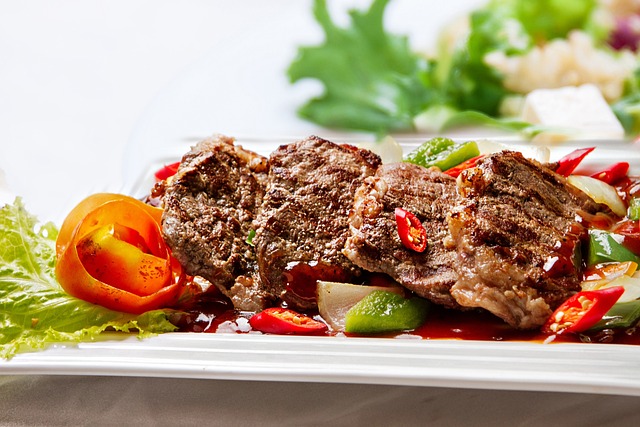Introduction to Bhorgiri
Bhorgiri, a term deeply entrenched in Indian cultural heritage, embodies a myriad of traditions, rituals, and celebrations. Originating from ancient customs, Bhorgiri holds significant importance in various communities across the country.
Understanding the Cultural Context
In Indian culture, Bhorgiri is not merely a culinary tradition but a cultural phenomenon celebrated with fervor and joy. It’s intertwined with religious festivals, familial bonds, and communal harmony.
Exploring Bhorgiri Traditions
Rituals and customs associated with Bhorgiri vary across regions but often include offerings to deities, communal feasting, and sharing of food with loved ones. These practices foster a sense of belonging and unity among participants.
The Art of Bhorgiri Preparation
Bhorgiri recipes are passed down through generations, each with its unique blend of spices and flavors. From the aromatic biryanis to the rich gravies, Bhorgiri cuisine tantalizes the taste buds and reflects the diversity of Indian culinary heritage.
Health Benefits of Bhorgiri
Beyond its delicious taste, Bhorgiri dishes are packed with nutrients and wholesome ingredients. Many traditional recipes incorporate elements known for their medicinal properties, offering potential health benefits to consumers.
Bhorgiri in Modern Context
While rooted in tradition, Bhorgiri has evolved to adapt to modern lifestyles. Urbanization and globalization have led to innovative interpretations of classic dishes, catering to diverse palates while preserving cultural authenticity.
Preserving Bhorgiri Heritage
Despite the challenges posed by changing times, efforts are underway to safeguard Bhorgiri heritage. Cultural organizations, culinary experts, and community leaders collaborate to document, promote, and protect these invaluable traditions.
Bhorgiri and Sustainability
In an era of increasing environmental awareness, the sustainability of Bhorgiri practices is gaining attention. From sourcing local ingredients to minimizing food waste, initiatives aim to ensure the longevity of Bhorgiri while minimizing ecological impact.
Bhorgiri Across Different Regions
Each region of India boasts its distinct Bhorgiri traditions, influenced by local ingredients, climate, and cultural nuances. From the robust flavors of Punjab to the delicate aromas of Bengal, Bhorgiri reflects the rich tapestry of Indian diversity.
Popular Bhorgiri Festivals
Festivals like Diwali, Eid, and Navratri are incomplete without Bhorgiri delicacies. These occasions serve as platforms for culinary creativity and cultural exchange, strengthening social bonds and fostering inter-community harmony.
Incorporating Bhorgiri into Daily Life
Beyond special occasions, Bhorgiri can be integrated into daily routines, promoting family togetherness and culinary exploration. Cooking traditional dishes at home not only honors heritage but also encourages healthier eating habits.
Bhorgiri and Community Bonding
The act of sharing Bhorgiri meals transcends mere sustenance, fostering camaraderie and solidarity within communities. Whether during weddings, festivals, or social gatherings, Bhorgiri serves as a conduit for meaningful connections.
Future Prospects of Bhorgiri
As India navigates the complexities of modernization, the future of Bhorgiri remains promising. Innovations in culinary techniques, coupled with a renewed appreciation for cultural heritage, ensure that Bhorgiri will continue to thrive for generations to come.
Bhorgiri: A Symbol of Unity
In a world often divided by differences, Bhorgiri stands as a symbol of unity, bridging gaps and celebrating diversity. Through shared meals and shared experiences, Bhorgiri reaffirms the inherent humanity that unites us all.
Conclusion
In essence, Bhorgiri transcends the realm of food to embody a cultural ethos that binds communities together. As we savor its flavors and cherish its traditions, let us recognize the profound impact of Bhorgiri in fostering harmony, resilience, and collective joy.



